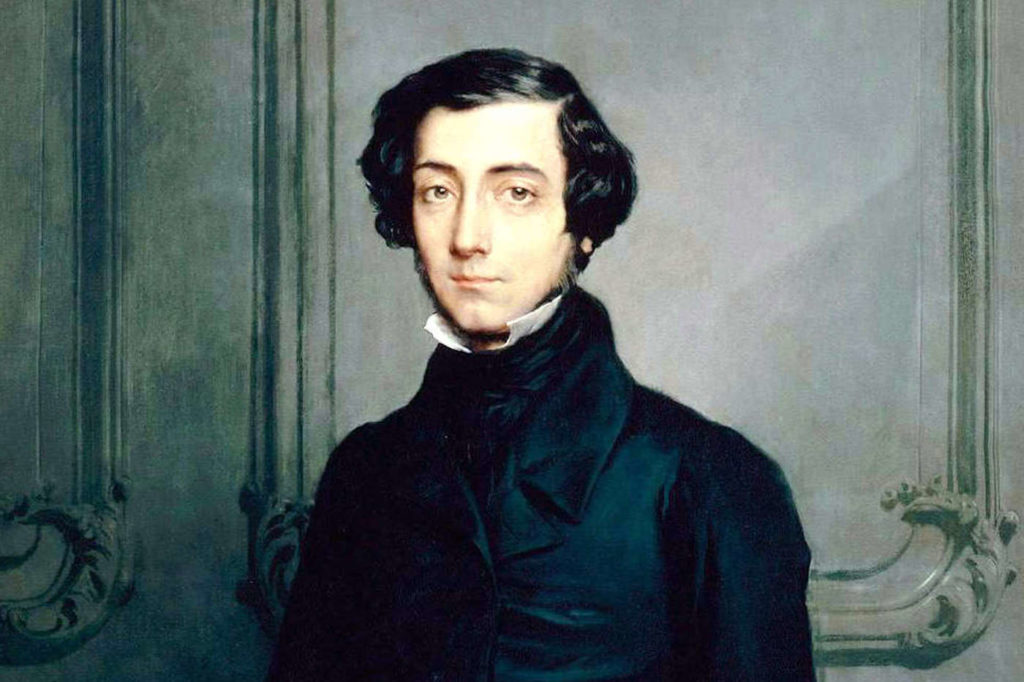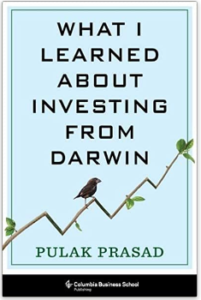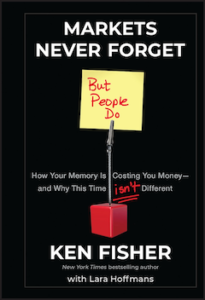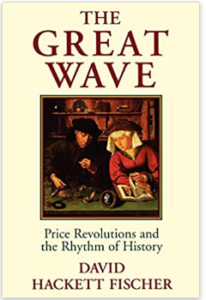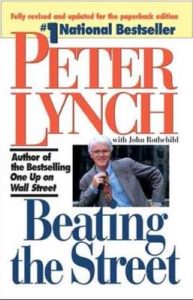Alexis Charles Henri Clérel, comte de Tocqueville (1805-59), was a French nobleman, scholar, and politician, who came to America in 1831 to see what the great republic was like. What struck him most was how the unique combination of equality and liberty produced a formidable whole, even though it appears from the outside to be mired in chaos. His book is still considered the best ever written on democracy in America and remains the most quoted by both liberals and conservatives – a remarkable feat.
When it was published in 2000, Mansfield’s new translation—only the third since the original two-volume work was published in 1835 and 1840—was lauded as the finest edition thus far. Mansfield restored the nuances of Tocqueville’s language with minimal interpretation, but with impeccable annotations.
In Antifragile (2012), Nassim Taleb describes how the Lindy Effect (Wikipedia) applies to books. “If a book has been in print for forty years, I can expect it to be in print for another forty years. But, and that is the main difference, if it survives another decade, then it will be expected to be in print another fifty years. This, simply, as a rule, tells you why things that have been around for a long time are not “aging” like persons, but aging in reverse. Every year that passes without extinction doubles the additional life expectancy. This is an indicator of some robustness. The robustness of an item is proportional to its life!”
Bottom line is that Democracy in America (1835/40) is a must read. It’s not technical, but is rich in details that are remarkably still applicable. I will not be giving out any spoilers here – some books are meant to be read unbiased and unabridged. Both volumes are great – all 900 pages. It is Impossible to read it and not be bullish on America.
If you do become an enthusiast of de Tocqueville, as I have after reading his magnum opus, I have a couple of other suggestions to make. The first is The Man Who Understood Democracy: The Life of Alexis de Tocqueville (2022), by Olivier Zunz. This was an excellent biography and an easy read, even though it runs for 472 pages. While I would recommend it as a starting point to those who know little about the man and his times, I don’t think it replaces the knowledge and insights one gets from reading the original works.
Arthur Goldhammer’s 2011 translation of Tocqueville’s The Ancien Regime and the French Revolution (1856), was another classic that serves as an eye opener to those who worry that Ray Dalio’s recent prophecies about a new world order may prove true. While I respect his views, I don’t agree with Dalio’s dire predictions, and neither do I worry about America. In the Ancien Regime, Tocqueville’ investigates the causes of the French revolution and concludes that it is the improvement in conditions, as opposed to a decline from bad to worse (as Marx claimed), that results in a breakdown of society. This point of view gained so much prominence with historians that it became known as the Tocqueville Paradox (Wikipedia). As Goldhammer writes in the introduction to his translation: “Once the first evil has been removed, other evils will appear as removable and therefore intolerable.”
A quick search for Goldhammer’s translation on Amazon will reveal that it can quickly get expensive to collect the classics, for this one book retails for over $100. At the Greenwich library, at least, residents can check out a copy of most of these classics for free, but I personally prefer to read the digital versions. On this front, there are some incredible deals to be had. The Delphi Collected Works of Alexis de Tocqueville (2022), for instance, costs just $1.99 on the Kindle and contains five of his books (including Democracy in America), miscellaneous essays, letters, and memoirs, as well as a biography from the 1911 Encyclopedia Britannica. These titles are packed into 3376 searchable pages, which is something no library can provide.
In our company Kindle, we keep a folder of these collected works from dozens of the greats, ranging from St. Augustine, Philo, and Tyndale, to Hamilton, Greenspan, and Powell. The longest of them all is The Collected Works of Honore de Balzac (2020), which also sells for $1.99, but includes about 80 of his books and spans 13,748 pages. Fiction not being my preferred genre, I have to admit that I haven’t read much of this one. That said, I did read Stefan Zweig’s classic biography of Balzac (1946) and enjoyed it very much. It is truly amazing how much one man was able to write, and how much coffee he was able to consume, in a single lifetime.
